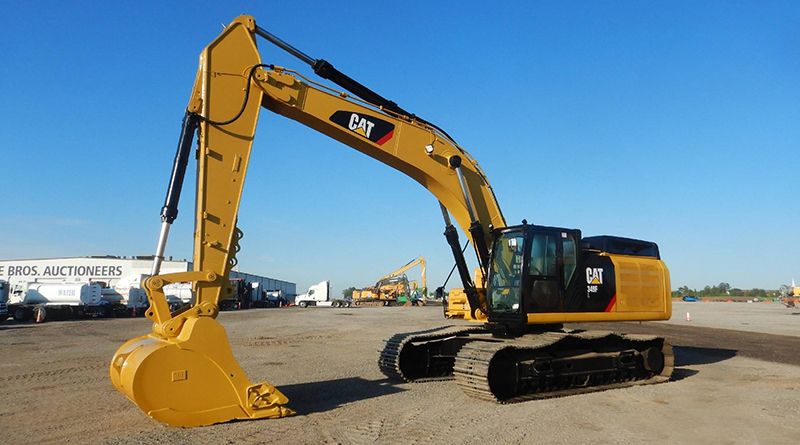Renting an excavator can significantly contribute to the efficiency and success of your construction or landscaping project. Excavators are versatile machines capable of handling a variety of tasks, from digging and material handling to demolition and grading. However, before you proceed to rent excavator services, there are several crucial considerations to ensure that you choose the right equipment for your needs, understand the rental agreement, and are prepared for the project at hand.
Assessing Your Project Needs
Before you look into rent excavator options, it’s important to have a clear understanding of your project requirements. This will help you select the most appropriate excavator size and attachments, ensuring optimal productivity and cost-efficiency.
Determine the Scale and Scope of Your Project
Evaluate the tasks you need the excavator for, such as digging depth, material volume to be moved, and the project’s overall size. Different excavators have varying capacities and limitations, so choosing one that matches your project’s demands is crucial.
Consider the Work Environment
The work environment will significantly influence your choice of excavator. Factors like the terrain (flat, hilly, rocky), space constraints, and ground conditions (soft, wet, hard) play a crucial role in selecting the right machine. Compact or mini excavators might be ideal for tight spaces or projects with delicate landscaping, while larger models are better suited for heavy-duty tasks and open areas.
Understanding Rental Agreements
When you decide to rent excavator services, thoroughly understanding the rental agreement is essential. This ensures you are aware of all costs, responsibilities, and any potential additional charges that could arise.
Rental Duration and Rates
Clarify the rental duration options and rates. Most rental companies offer daily, weekly, and monthly rates, with long-term rentals usually providing better value. Ensure you estimate your project’s duration accurately to choose the most cost-effective option.
Additional Costs and Insurance
Inquire about any additional costs, such as delivery and pick-up fees, fuel charges, and environmental fees. Also, discuss insurance coverage to protect against damage or accidents during the rental period. Understanding these details upfront will help you budget more accurately and avoid unexpected expenses.
Preparing for Excavator Delivery
Once you’ve selected an excavator to rent and have agreed to the terms, preparing for the equipment’s arrival is the next step. Proper preparation ensures that you can start your project promptly and efficiently.
Site Preparation
Ensure the site is ready for the excavator. This might include clearing the working area, setting up access routes for the excavator, and identifying any underground utilities to avoid during excavation.
Safety and Operation Training
Safety should be a top priority when operating heavy machinery. If you or your team are not familiar with excavator operation, consider requesting a training session from the rental company. Understanding the excavator’s controls, capabilities, and safety features is essential for preventing accidents and ensuring smooth operation.
Conclusion
Renting an excavator is a strategic decision that can enhance the efficiency and effectiveness of your project. Before you rent excavator services, taking the time to understand your project needs, the rental agreement, and preparing for the equipment’s arrival will set the stage for a successful partnership. With the right excavator, you can tackle your project with confidence, knowing you have the tools needed to achieve your goals efficiently and safely.









